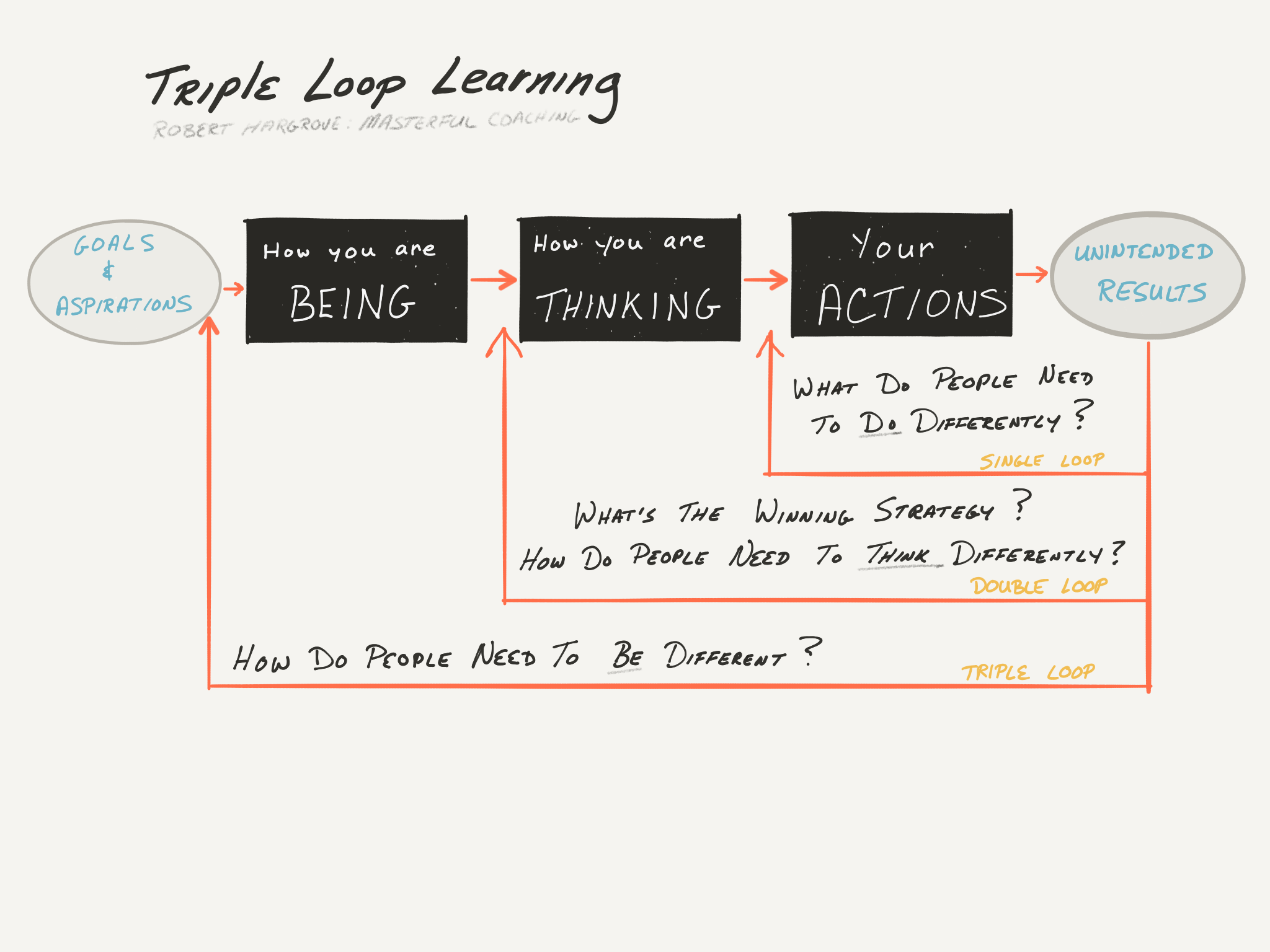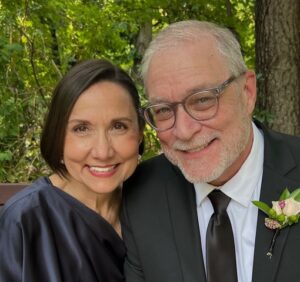
Podcast: Play in new window | Download
We have to have right and positive thinking before we can live, lead, and love the way God intended. In this episode of the Calibrate Life Podcast, David and Donna talk about calibrating our thinking to lift ourselves and to coach and mentor those we love and lead. If you think negatively, you will get negative results, but if you cultivate right thinking, you will realize God-possibilities.
Neither of us subscribe to a “positive thinking” theology, but neither do we anchor in a negative theology. Our thinking has to be positively calibrated before we can pursue a life of joy and live, lead, and love the way God intended. When we embrace reality from a positive perspective, it calibrates us for a powerful life and ministry.
Continue reading for a detailed, time-stamped outline of Episode 006.
As a realist we sometimes look at the negative side, but as leaders we need to focus on the positive side of things. [0:50]
- We sometimes struggle with depression that deepens because of our negative attitudes.
- We sometimes look to the negative instead of the positive.
- We sometimes look at obstacles instead of opportunities.
I’ve noticed that the story I tell myself, my thinking, determines the following:. [2:25]
- It determines what I accomplish.
- It determines my actions.
- It determines my mindset.
On some days we struggle and can’t seem to rise to the challenges we face. On other days we think we can take on the world. This is every person’s battle. We can be victorious in this battle. [3:30]
- We must tell ourselves the right story.
- We must anchor in reality.
[callout]“I have lived a long life and had many troubles, most of which never happened.” —Mark Twain [/callout]
So much of what we accomplish is tied to the way we think. There is a positive side and a negative side to every story. We’ve got to find and anchor in the positive side of the story.
Ways we think… [5:30]
- Wishful thinking not accompanied by action. Thinking must be actualized.
- Some people confuse faith with wishing. Faith is believing reality (seen or unseen).
- Faith is based in action.
- Action is based on thinking.
- Thinking is based on Being.
Triple Loop Learning Diagram [6:45]
 In the episode I mentioned Triple Loop Learning. I (David) learned this model in my graduate studies in one of my coaching classes. I am not sure of its origination, but this rendition came from the book Masterful Coaching, by Robert Hargrove.
In the episode I mentioned Triple Loop Learning. I (David) learned this model in my graduate studies in one of my coaching classes. I am not sure of its origination, but this rendition came from the book Masterful Coaching, by Robert Hargrove.
Triple Loop Learning is a recognition that our BEING affects our THINKING, and our THINKING affects our ACTIONS.
- Dishonest thinking (denial). Starting from the wrong place. [8:00]
When we think negatively, we predetermine our failure. [8:55]
Our thinking is the way we tell our story. [9:20]
What story are you telling yourself? What’s the narrative of your life?
Depression is connected to our stories. Are the stories true? [9:45]
- You must believe before you can achieve (self-fulfilling stories) [10:35]
- Cultivate a positive mindset while anchoring in reality (reset your starting point daily) [11:45]
“Speaking” something into reality is more a matter of considering solutions and possibilities “out loud” and clarifying our paths and resolving to actualize our thoughts. [12:45]
… in other words, we tell ourselves the RIGHT story, and we actually believe it.
It is not just a matter of believing something — the belief must be anchored in reality.
HERES THE THING… I battle my thoughts at least every other day. I do battle with the thoughts that tell me to give up, that beat me up, that tell me I can’t. [11:55]
I have to tell myself the right story, the true story.
Think on these things… (if you don’t have peace, you don’t have joy) [13:55]
Whatever is true (what is the reality, the entire reality) [15:15]
- The truth about my situation.
- The truth about God’s Word.
- The truth about eternity.
Whatever is honorable (what is the right thing, the thing of integrity) [17:35]
- Do our thoughts have integrity?
- “Oh, guard my soul, and deliver me! Let me not be put to shame, for I take refuge in you. May integrity and uprightness preserve me, for I wait for you.” — Psalms [25:20]-21 ESV
- We lack integrity when we mentally justify wrong actions.
- We must frame our thinking in what is honorable, because right thinking produces right actions.
Whatever is just (fair, what is fair?) [19:16]
- Taking action from a position of righteousness.
- We need to think out of a framework of justice. Its not about what is fair or unfair in the moment, but rather, what is just in the lives of all of those involved.
Whatever is pure [20:36]
(Uncontaminated. Uncontaminated trust. When we contaminate our thoughts with the desires of the soul, the way we preferred things to be, it MIXES the flesh into the spirit)
How do we take on the ACTION of trust?
– Triple loop, BEING, THINKING, DOING
Allowing impurities into our mind contaminates our thinking.
Whatever is Lovely [24:41]
- Charmingly or exquisitely beautiful: a lovely flower.
- Having a beauty that appeals to the heart or mind as well as to the eye, as a person or a face.
- Delightful; highly pleasing: to have a lovely time.
- Of a great moral or spiritual beauty: a lovely character.
I’ve got to say that I sometimes focused upon the things that were ugly and painful. I still do sometimes. I can look back at the pain and hold on to it because I have found a strange comfort in my pain. Or I can think on the things that are lovely. [27:00]
Just because I decide to call something into existence doesn’t mean that I can. If GOD’s design is for something to be called into existence, then it will. [27:20]
Listen, denial does not make things go away, healing is absolutely necessary, I cannot tell you when it is time to re-calibrate your thinking on the ugly things… they do not go away… but you must re-calibrate your thinking. You must reframe the ugly events and understand them in the context of God’s extravagant love for you.
I will not allow the ugly things to strip the joy from my life. When does the time come that I am able to release the ugly things? [28:15]
Whatever is commendable [29:37]
We need to think about the things that are commendable in the people we love and lead, the commendable (praiseworthy) things God has done, and the things for which I should commend myself.
What are the things for which you should praise and thank God? [31:30]
It isn’t just coming up with something to thank God for, and it isn’t even trying to look for things, but I am thinking about taking inventory of the things for which we are truly grateful. You can never have joy unless you have a grateful heart.
What are you doing a good job at? I have to like myself. [32:20]
Focus upon the things that are commendable in you. Usually there are far more things to commend yourself for than there are things to be criticized. Encourage yourself!
Acknowledge the contribution of others in our lives and ministries.
“Finally, brothers, whatever is true, whatever is honorable, whatever is just, whatever is pure, whatever is lovely, whatever is commendable, if there is any excellence, if there is anything worthy of praise, think about these things. What you have learned and received and heard and seen in me—practice these things, and the God of peace will be with you.” — Philippians 4:8-9 ESV
Tools for Your Toolbox
Consider the Triple Loop Learning model depicted above. Consider the calibration needed in your BEING, in your THINKING, and in your ACTIONS.
When you are coaching or mentoring, lead your client to consider their ACTIONS and the way their BEING and THINKING are contributing to their ACTIONS.
Consider the following questions as they relate to something of significance you wish to accomplish:
- How do you frame your thinking regarding that goal?
- What is the story anchored in reality?
- Write down the vision, what do you see?
- State the positive outlook.
- Identify the ACTIONS necessary to fulfill your goal. Practice the actions. When you have a doubt day just do the actions you predetermined. This helps you push through. What are those actions?
- Evaluate obstacles based upon the facts.
- Get feedback from trusted advisors and coaches.
What do you see, what are you believing?
- What ACTIONS do you need to change?
- What THINKING do you need to change?
- What “BEING” do you need to calibrate?

